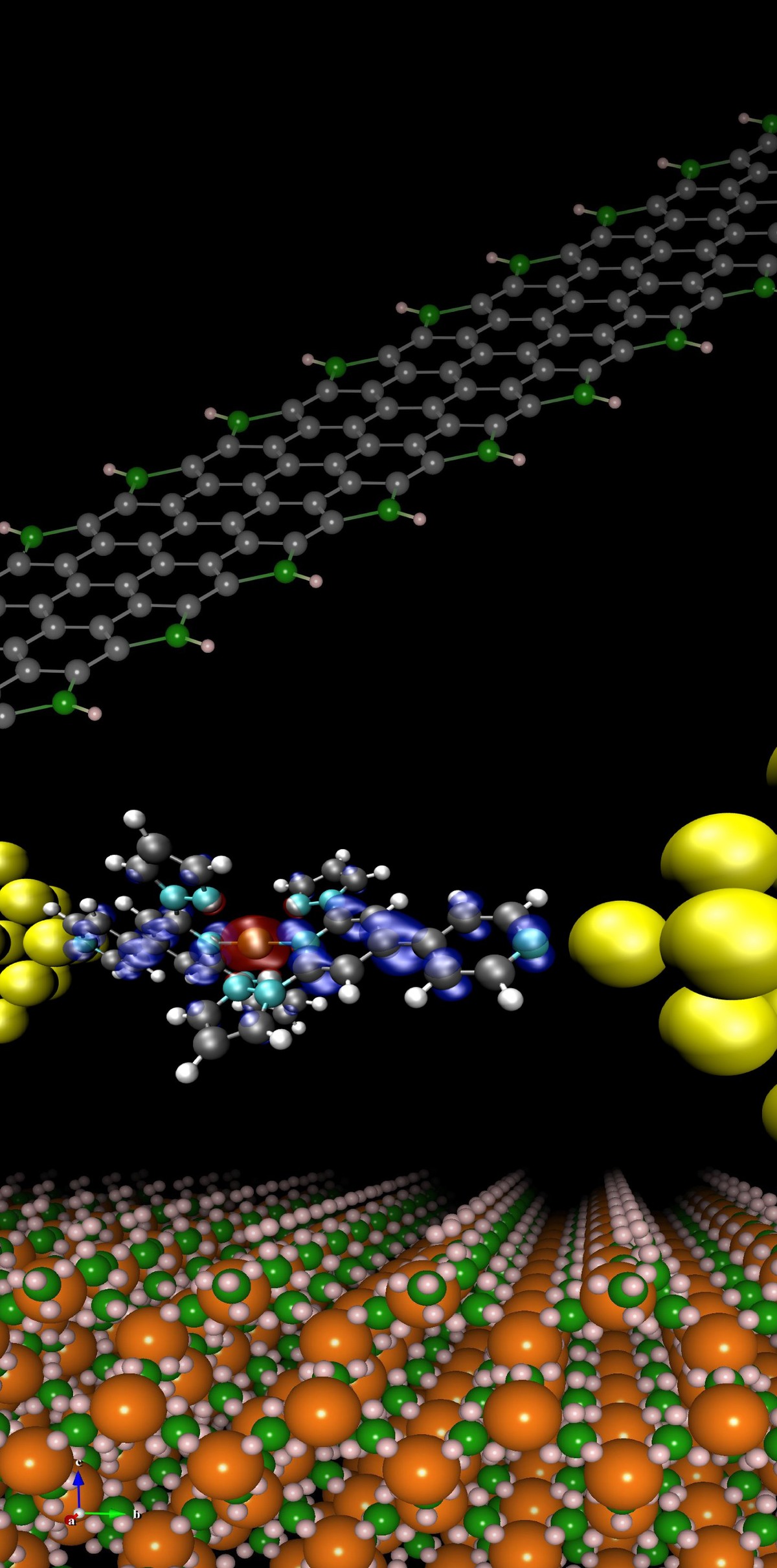Requirements:
Lecture: basic quantum mechanics & solid state physics
Practice: basics programming knowledge
Literature: will be given in first lecture course
Contents
The advent of powerful algorithms -- like the transfer-matrix method, numerical renormalization group schemes, Krylov-subspace methods, ...-- together with the improving computer power has opened up a completely new route to test existing concepts and to obtain new insights into broad classes of physical systems. Nowadays, computational tools are well established in all branches of theoretical physics and make unique and indispensable contributions. Indeed, often they provide the only route for systematic studies and improved understanding.
This lecture offers an introduction into basic computational techniques and the conceptual ideas behind. The pedagogical approach of the lecture will be to start from a fundamental physics example and then develop a numerical approach starting from there. In exercises practical implementations (e.g. with MatLab) for scientifically relevant examples will be given.
The following topics will be addressed:
1. The gas of non-interacting fermions: tight binding models and their electronic structures
1.1 Excursion: Topologically non-trivial materials and graphene
1.2 Disorder effects: General purpose numerics
1.3 Wavepacket dynamics in nanostructures: Krylov subspace technology
2. Elements of transport theory
2.1 Anderson localization in dirty quantum wires: Transfer matrix methods
2.2 Persistent Currents
3. Fermi liquid corrections
3.1 Briefing: Fermi-Liquid-Theory
3.2 Hartree-Fock method
3.3 Density functional theory
4. Strongly correlated electron systems
4.1 Briefing: Kondo effect
4.2 The numerical renormalization group
4.3 Briefing: Luttinger liquid
4.4 The density matrix renormalization group method
5. Superconductivity: BCS
5.1 Majorana edge states
Literature: Conceptual framework of modern condensed matter physics
- Principles of condensed matter systems
P. M. Chaikin and T.V. Lubensky,
Campbridge, University Press (1195) - Basic notions of Condensed Matter Physics,
P.W. Anderson, 'Frontiers in Physics'
Benjamin / Cummings Publishing Company (1984) - Hydrodynamic Fluctuations, Broken Symmetries, and Correlation Funtions Functions
D. Forster, 'Frontiers in Physics'
W.A. Benjamin Inc. (1975) - Condensed Matter Field Theory,
A. Altland and B. Simons
Cambridge university press (2010) - Theoretische Festkörperphysik
G. Czycholl
Spinger, Berlinn Heidelberg (2004)
Literature: Computational Methods
-
Computational Physics,
J.M. Thijsen,
Cambridge university Press (2007) - An introduction to Computational Physics,
Tao Pang
Cambrdige University Press (2006) - Matrix Computations
G. H. Golub, C. F. van Loan
The Johns Hopkins University Press, Baltimor London (1996)

